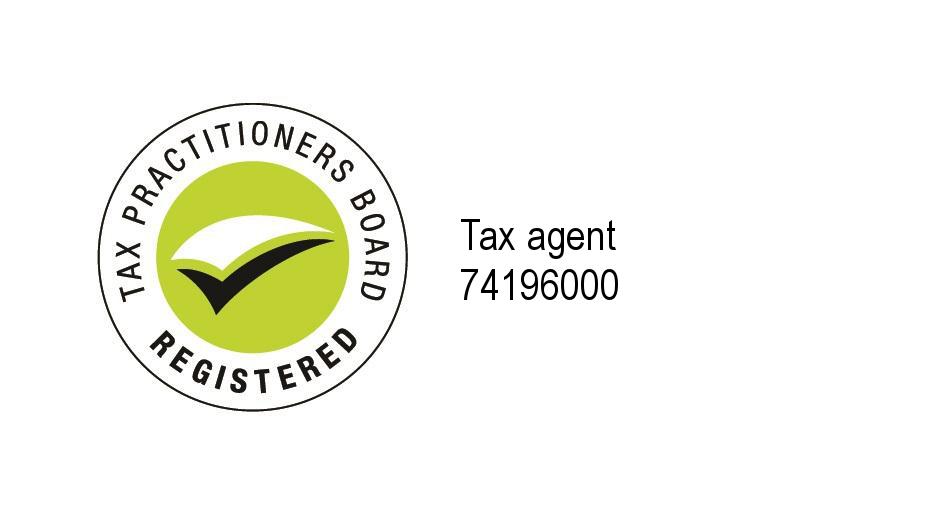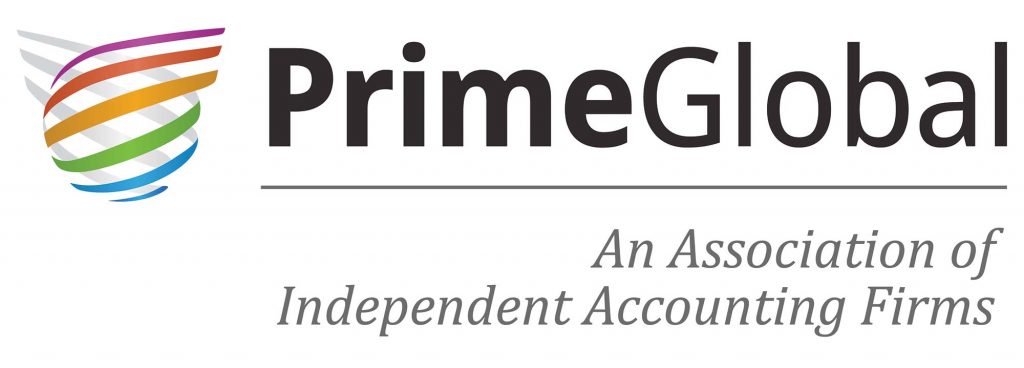Most, if not all, accountants in practice have prepared an objection for a client. Sometimes it is a one-page letter requesting a change that the ATO treats as an objection. Other times it may be prepared using the ATO’s form. Usually matters are resolved with the ATO in the objection process, either by the taxpayer succeeding to a sufficient degree for them to stop at that point or because the taxpayer thinks that the cost of an appeal outweighs any benefit.
Sometimes a taxpayer will appeal, or will feel aggrieved at the outcome and want to look at whether the objection gave them the best chance of succeeding.
Appeal
When a taxpayer appeals an objection it goes either to the AAT or to the Federal Court. In either case the taxpayer is limited as to what ground they can appeal on. These are the grounds that were put in the objection.
So if further information comes to light after the objection is determined and a better argument becomes available as a result of this then the taxpayer needs to ask the AAT/Court to allow this new argument to be heard.
For example, say the ATO disallows the whole of a deduction for motor vehicle expenses because the taxpayer doesn’t have a logbook and they provide no proof of what work or business related travel they have done. If the taxpayer goes through their work diary after the objection is disallowed and can prove that they did over 5,000kms (thus making the 1/3rd of actual expense method available to them) then to make the claim they would need to appeal to the AAT ($861 lodgement fee plus accountant and/or legal fees) and ask the AAT to allow them to add new evidence and make an argument that was not made in the objection. Most taxpayers might find the price of justice too high at this point; however the cause of the problem here is a poor approach to the objection, as a bit more thought and effort at the objection stage could have resulted in a better outcome for the taxpayer.
Did the objection give the taxpayer the best shot at success?
In the example above, should the tax agent have asked more questions and found more facts before preparing and lodging an objection? Undoubtedly the answer is yes. Having not done so then is the tax agent to blame?
When the return was prepared and lodged the tax agent should have confirmed the basis for the deduction and (in the example) should have known whether a log book was done and the kms travelled. When the objection was being prepared the tax agent should have asked about alternative ways to prove some or all of the deduction and the distances travelled, and the taxpayer should have remembered that their work diary could have assisted. So no-one is free of some responsibility in the example.
If the ATO charged penalties on a tax shortfall then the tax agent is potentially in the position of trying to argue that the safe harbour rules apply – these prevent the ATO from applying penalties when the taxpayer did all the right things and the error arose from the tax agent’s error. This approach has the risk of leaving the tax agent financially exposed as they are essentially arguing that they themselves were inadequate to the task. I suspect that their professional indemnity insurer might reconsider providing coverage in such a case.
Our skills and competence are a fundamental basis to both providing the best initial outcome for our clients and to ensuring that their prospects in objections and appeals are the best we can make them.



